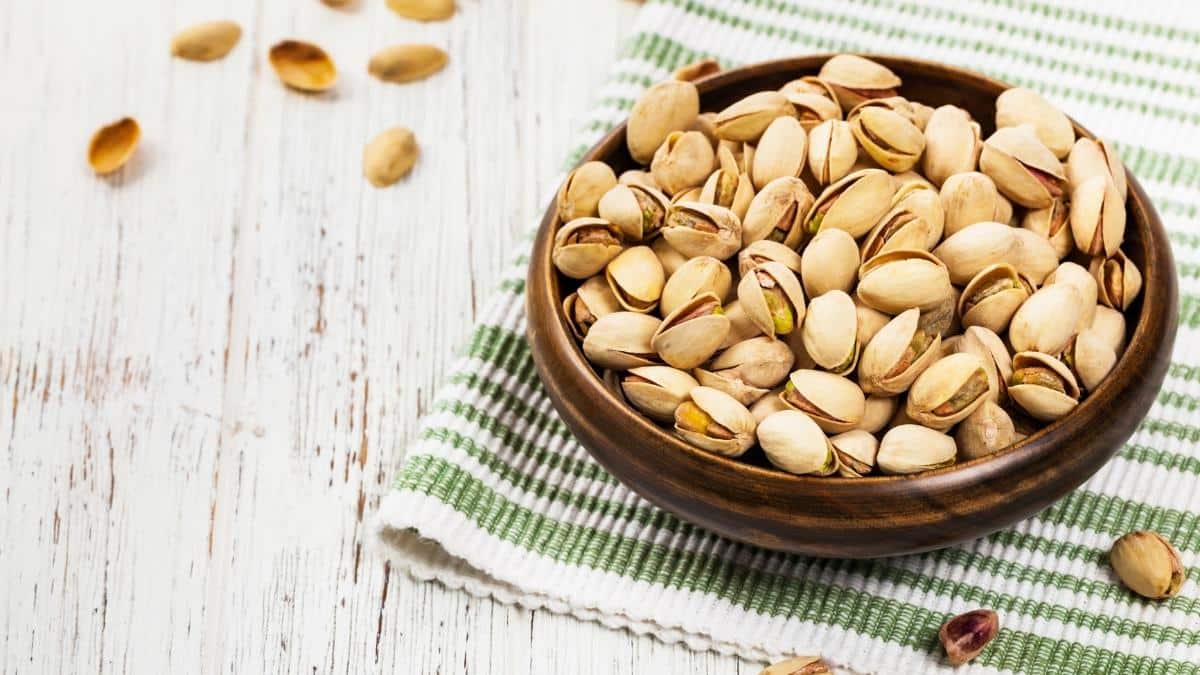Many people consider nuts to be a part of a healthy diet. However, the Lung Institute wants you to know there are certain types of nuts you should limit if you have a chronic lung disease.
3 types of nuts chronic lung disease patients should limit
If you have a chronic lung disease, there are three types of nuts that the health care team at the Lung Institute recommends you limit. These three types of nuts are:
- Pistachios
- Cashews
- Chestnuts
There are several reasons that you should limit these three types of nuts if you have a chronic lung condition. For one thing, all three of these nuts are lower in healthy fats than other nuts.
They are also higher in carbohydrates and eating too many carbohydrates may cause you to experience higher levels of inflammation.
Better nut choices for chronic lung disease patients
Though there are some types of nuts you should limit if you have a chronic lung disease, there are others that are better for you.
Some of these good nuts are:
- Macadamia nuts
- Brazil nuts
- Pecans
- Walnuts
- Almonds
- Hazelnuts
Even with these good nuts, our health care team recommends that you choose nuts that are in their raw form. Eating these good nuts raw will help you to get all of the healthy fats, vitamins and minerals they have to offer.

Christine Kingsley, APRN is the Health and Wellness Director at the Lung Institute where she focuses on providing helpful online resources for people looking for information on various lung diseases, breathing exercises, and healthy lifestyle choices. She advocates for holistic care that involves working with your doctor to explore all options including traditional and alternative care while focusing on diet and exercise as proactive measures.









